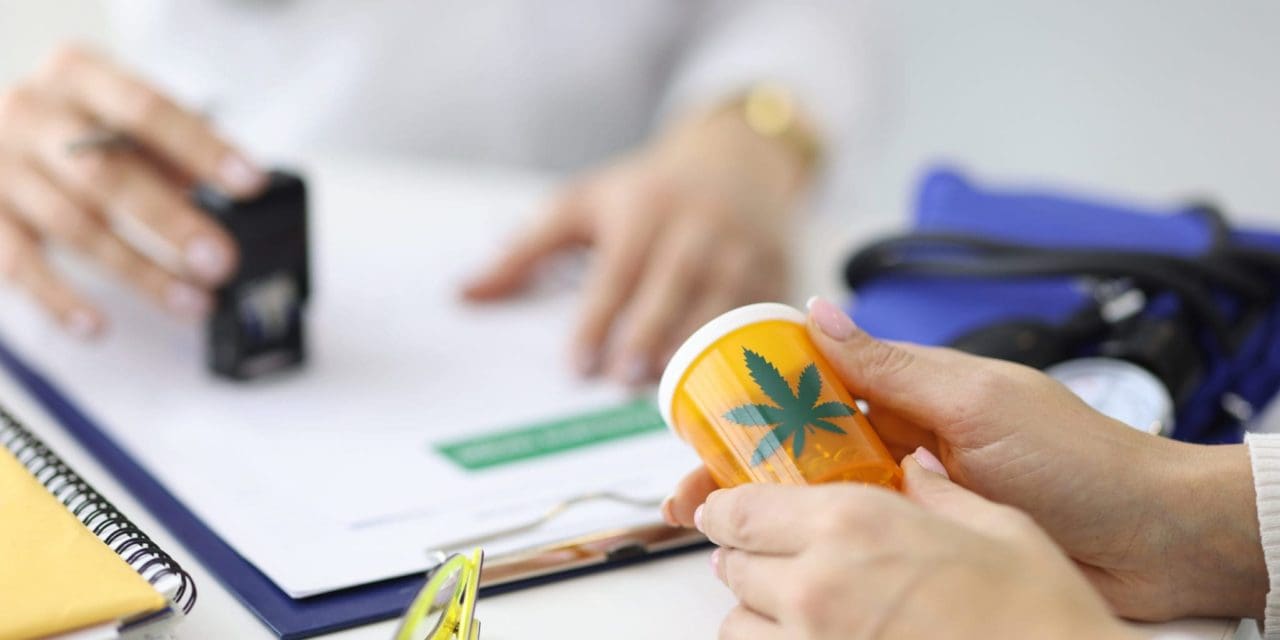Is it safe to mix marijuana and Tylenol?
2 min read



Both cannabis and acetaminophen (Tylenol) are commonly used to help relieve pain. And although taking them together isn’t likely to cause a serious interaction, it may still put you at risk of certain side effects.
Understand how cannabis and Tylenol interact with each other to minimize any risks and manage your pain safely.
Wondering how to use Tylenol with cannabis?
Get a personalized care plan from a provider at Leafwell!
- Product recommendations
- Dosing and daily use tips
- Flags for medication interactions

What is Tylenol?
Tylenol is an over-the-counter (OTC) medication that may help:
- Relieve minor to moderate aches and pains
- Reduce fever
How does Tylenol work?
Tylenol works by blocking the brain from producing prostaglandins, which are chemicals that influence pain sensitivity and body temperature. This can help ease mild to moderate pain and reduce fever.
When taken as directed, Tylenol is considered safe, though it can cause mild side effects, such as:
- Nausea
- Dizziness
- Constipation
- Loss of appetite
Taking high doses of Tylenol, especially over time, may lead to more serious side effects, including liver damage.
Speak with your doctor for help establishing a safe dosing plan for Tylenol.
Is it safe to take Tylenol and weed?
It’s likely safe to combine Tylenol and cannabis when both are taken as directed. In fact, the two may even work together to relieve pain.
That said, cannabis can inhibit the amount of enzymes in your liver that help your body break down and metabolize certain medications, including Tylenol. This may intensify and prolong the effects of Tylenol.
In rare cases, taking cannabis and Tylenol together may increase the risk of experiencing dizziness.
Is it OK to take CBD and Tylenol together?
Cannabidiol (CBD) is a non-intoxicating compound found in cannabis. It may help with:
It’s likely safe to take CBD with Tylenol. But CBD is one of several compounds in cannabis that inhibits enzymes that help metabolize Tylenol. Combining them can make Tylenol’s effects stronger and longer-lasting.
How to take weed and Tylenol
Even though Tylenol is an OTC medication, it’s best to speak with your doctor before combining it with cannabis.
You can also consider these general safety tips:
- Start low and go slow: Begin with low doses of cannabis and Tylenol. Increase each dosage only as needed until the desired effects are reached.
- Be mindful of timing: Try taking cannabis and Tylenol at different times of day to minimize the risk of an interaction. Inhaled cannabis can take effect in approximately 15 minutes and last for 3 or more hours. Cannabis edibles can take effect in 1 to 2 hours and last for up to 8 hours. Tylenol can take effect at different times depending on the formula.
- Ask about other medications: Tylenol and cannabis can both interact with other medications or substances like alcohol. If you’re taking anything else, ask your doctor if it’s safe to combine it with Tylenol and cannabis.
Wondering how to use Tylenol with cannabis?
Get a personalized care plan from a provider at Leafwell!
- Product recommendations
- Dosing and daily use tips
- Flags for medication interactions

The takeaway: It’s likely safe to mix cannabis and Tylenol
Combining cannabis and Tylenol isn’t known to cause any serious side effects. However, both should be taken as directed to minimize the risk of milder side effects, such as dizziness.
Before taking cannabis and Tylenol together, ask your doctor or a Leafwell pharmacist how to do so safely. If you’re taking any other medications or substances, you may have a higher risk of a more serious interaction.
Resources
- Acetaminophen. https://www.ncbi.nlm.nih.gov/books/NBK482369/
- Cannabinoid interactions with cytochrome P450 drug metabolism: A full-spectrum characterization. https://pubmed.ncbi.nlm.nih.gov/34181150/
Get Your Medical Card
Connect with a licensed physician online in minutes.
Larger purchase limits Access to higher potency strains Save up to 40% on product taxes Enhanced legal protection
Frequently asked questions
Continue reading to learn more about combining cannabis with Tylenol.


